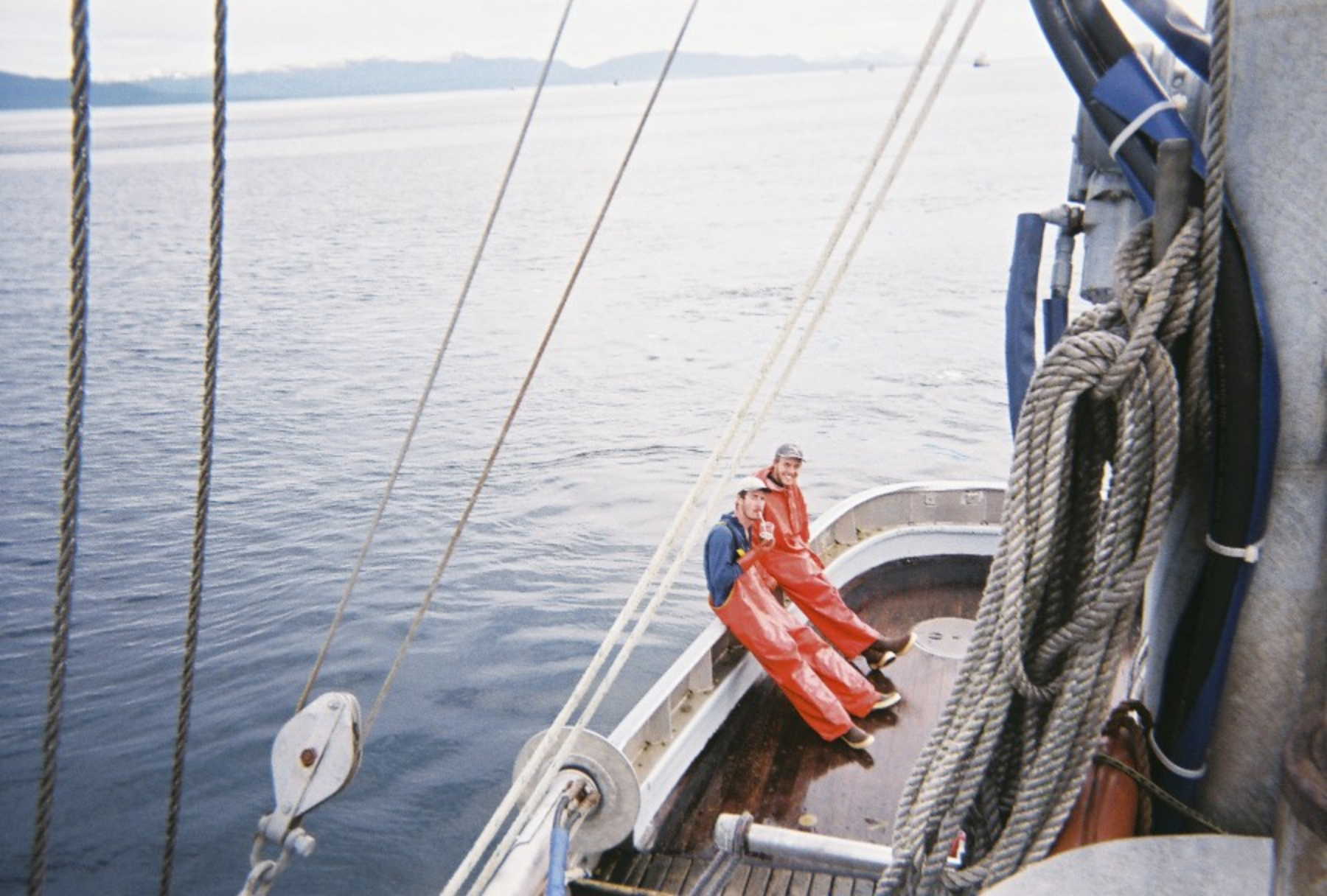I am making this environmental sustainability blog to give you a few tips that I’ve researched myself. I don’t expect anybody to spend the amount of time I do reading articles or reports on these topics but hope that those who want to make a difference in their habits can take a lesson from these examples and feel more in control of their effect on the planet.
Topics in this arm of the blog will be relatable and relatively easy to accomplish. I won’t ask you to grow a subsistence farm in your backyard and sell your car. I also won’t preach anything I haven’t accomplished myself, and that in itself should be proof that it’s easy.
The reason I am doing this is half for you, and half for me:
I have found that many environmental tips and tricks include lots of numbers and statistics that are confusing and ultimately don’t make an impact to an everyday reader. To an environmentalist it would be significant to cite the annual 4.6 metric tons of CO2 of a car, but to most, it’s just another number that won’t get remembered after this sentence is done. My goal is to contextualize these topics in a story-based format so the concepts have life after you keep scrolling.
It’s been a dream of mine to work in environmental sustainability, but the field is enormous. The plan is to narrow down topics I find particularly interesting to work on by researching each topic and writing about it here. Eventually I might find one sticks more than others and will pursue that area professionally. If you learn something along the way and reduce your impact on the planet, all the better.
As this unfolds I hope you can keep me honest - some of the subject matter has a tendency to go against people’s current way of life but I can’t emphasize enough, it is not a critique of anybody’s current lifestyle.
Lastly, this is not me telling you what to do, it is an opportunity to share what I’ve learned. So please don’t take any of this as a preachy holier-than-thou blog. I could care less what you do with your recyclables but if you want to make a difference, that’s really great news. We can preserve some nature together.





